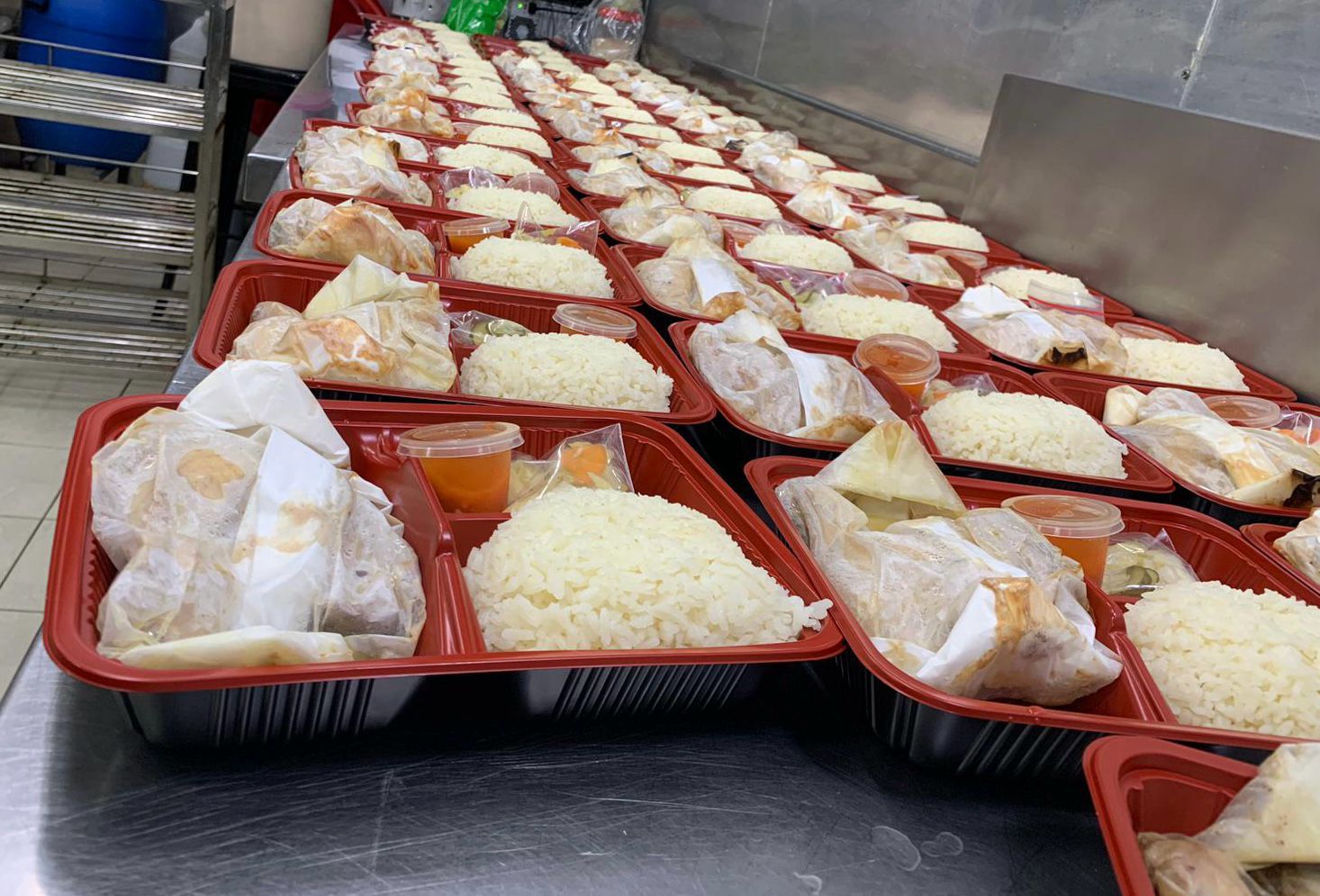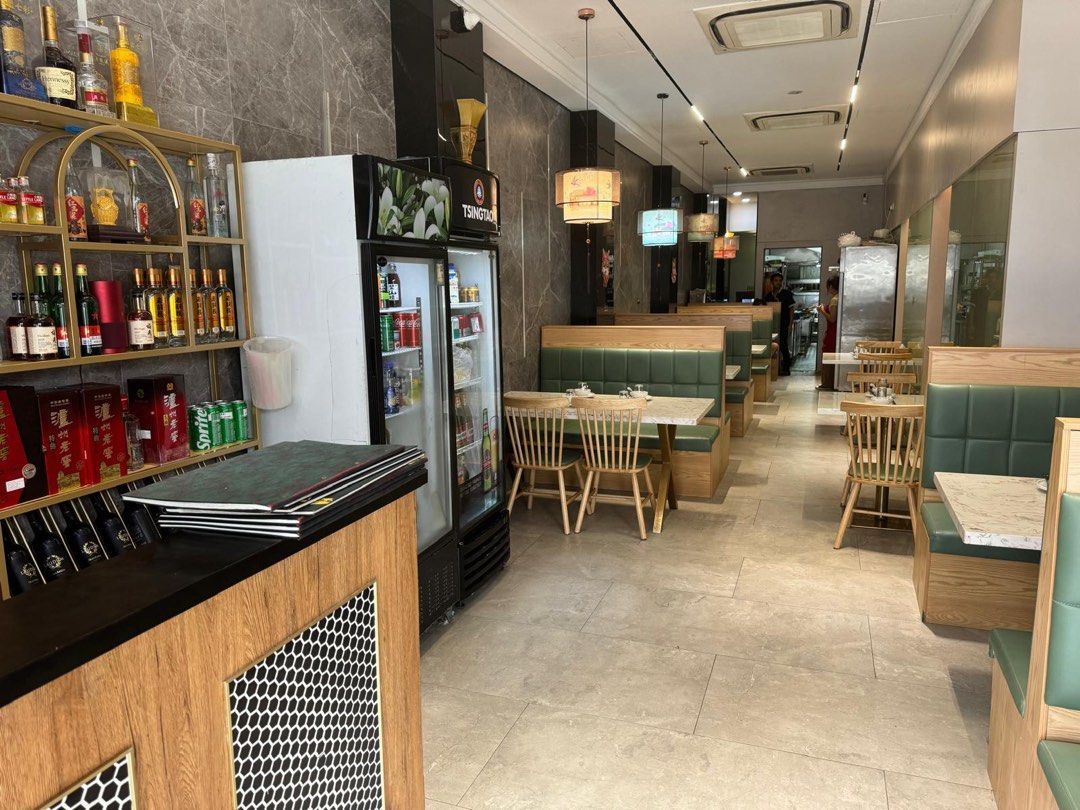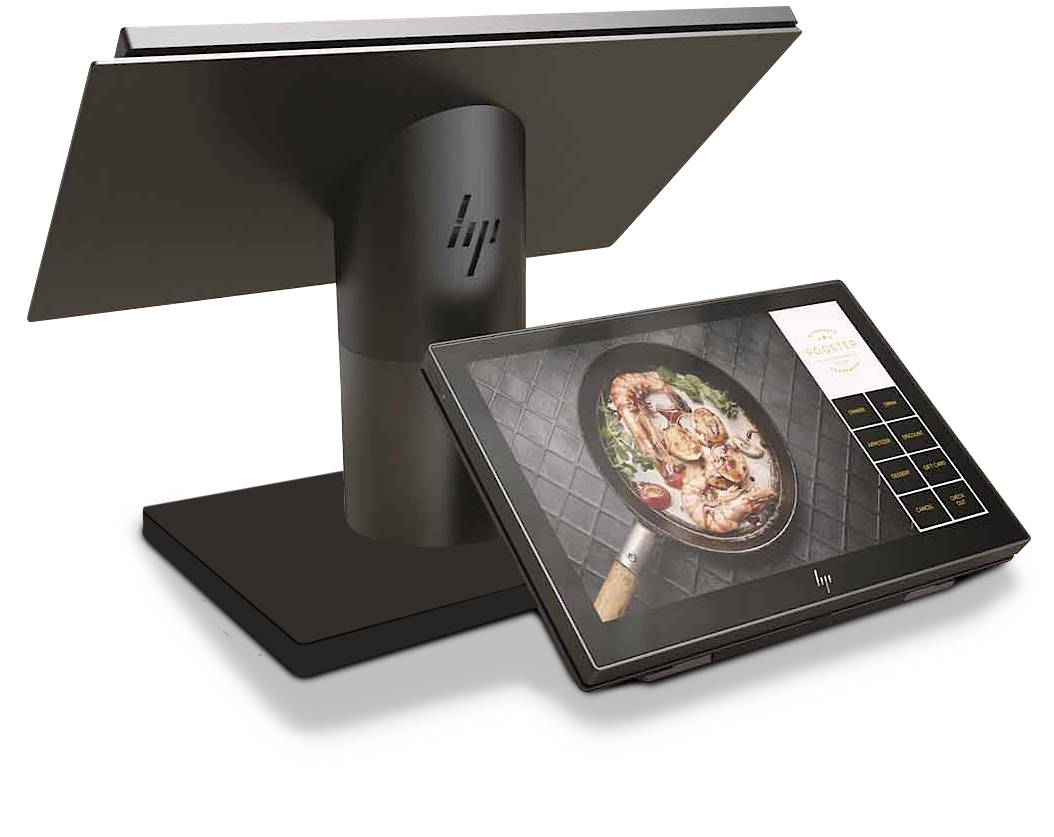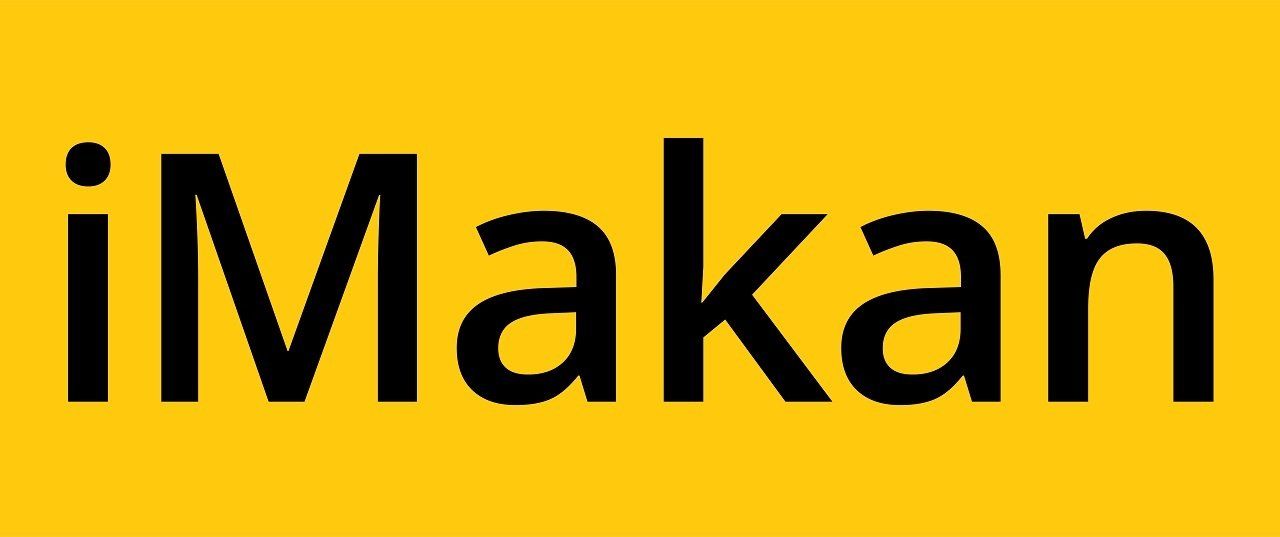In the vibrant F&B scene of Singapore, where culinary diversity meets discerning tastes, effective financial management is paramount for the success of restaurants and eateries. From managing costs to complying with tax regulations, F&B owners in Singapore face unique financial challenges that require tailored strategies and resources. In this article, we delve into essential financial management practices and specialized services within the Singaporean context to help F&B businesses thrive.
Understanding Financial Challenges in Singaporean F&B Businesses
Running an F&B business in Singapore presents distinct financial hurdles. High rental costs, intense competition, and stringent labor regulations are just a few of the factors that can impact profitability. Additionally, navigating Singapore's tax system, which includes Goods and Services Tax (GST) and corporate income tax, requires careful attention to compliance and planning.
Importance of Financial Management
Given the complexities of financial management in Singaporean F&B businesses, seeking professional assistance is essential. Engaging with accountants and tax consultants familiar with Singapore's regulatory landscape can provide invaluable support in managing finances, optimizing tax strategies, and ensuring compliance with local laws.
Key Financial Management Tasks for Singaporean F&B Businesses
1. Budgeting and Forecasting
Developing a robust budget and financial forecast tailored to the Singaporean market is crucial for F&B businesses. This includes projecting revenue streams, estimating operating costs, and factoring in seasonal fluctuations to effectively allocate resources and plan for growth.
2. Payroll Processing and HR Compliance
Singapore's labor laws impose strict requirements on employers, including payroll processing, CPF contributions, and statutory leave entitlements. F&B owners must ensure compliance with these regulations while efficiently managing payroll to maintain employee satisfaction and retention.
3. Tax Planning and Compliance
Navigating Singapore's tax regime demands proactive tax planning and compliance strategies. F&B businesses must stay informed about GST registration thresholds, input tax claims, and filing deadlines to avoid penalties and optimize tax efficiency.
4. Financial Reporting and Analysis
Regular financial reporting and analysis provide insights into the financial performance of F&B businesses. Generating financial statements compliant with Singapore Financial Reporting Standards (SFRS) allows owners to assess profitability, monitor cash flow, and make informed decisions to drive business growth.
Resources for F&B Financial Management in Singapore
1. Accounting Services
Partnering with accounting firms specializing in Singaporean F&B businesses provides access to expertise in local regulations, industry trends, and financial best practices. These firms offer tailored solutions to streamline accounting processes, improve financial transparency, and optimize tax outcomes.
2. Tax Consultants
Collaborating with tax consultants well-versed in Singapore's tax laws ensures compliance with GST and corporate tax requirements. These consultants offer strategic tax planning advice, assist with tax filings, and represent F&B businesses in dealings with tax authorities, minimizing tax risks and maximizing savings.
3. Financial Management Tools
Utilizing accounting software and F&B point-of-sale systems (F&B POS) designed for the Singaporean market enhances efficiency and accuracy in financial management. These tools automate processes, facilitate real-time reporting, and integrate with tax compliance requirements, empowering F&B owners to make informed financial decisions.
Conclusion
Effective financial management is essential for the sustainability and growth of F&B businesses in Singapore. By prioritizing tasks such as budgeting, payroll processing, tax compliance, and financial reporting, restaurant owners can navigate the challenges of the local market with confidence. Leveraging professional services and specialized resources tailored to the Singaporean context empowers F&B businesses to optimize financial performance, comply with regulations, and thrive in Singapore's dynamic culinary landscape.
iMakan
iMakan is Singapore's leading F&B digital ordering solutions provider. We look to constantly add value to F&B merchants through information sharing articles like these, and through our self ordering solutions such as self ordering kiosks, QR ordering systems & online ordering solution. If you are in the market for such solutions, WhatsApp us, or click here to drop us an enquiry!











